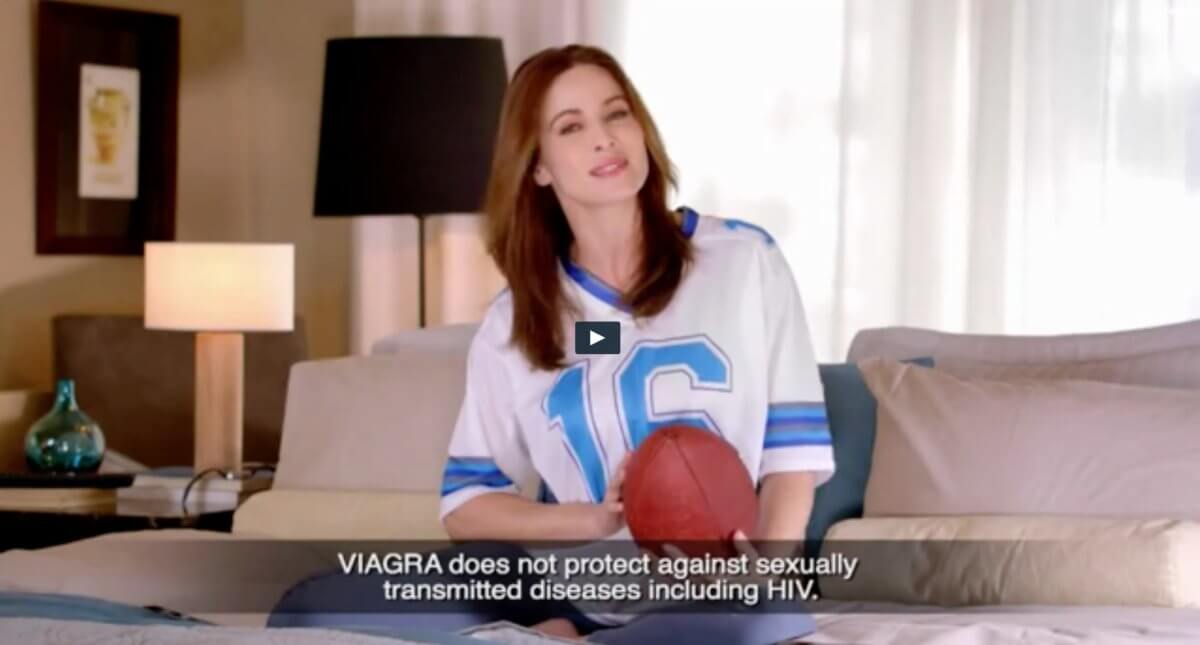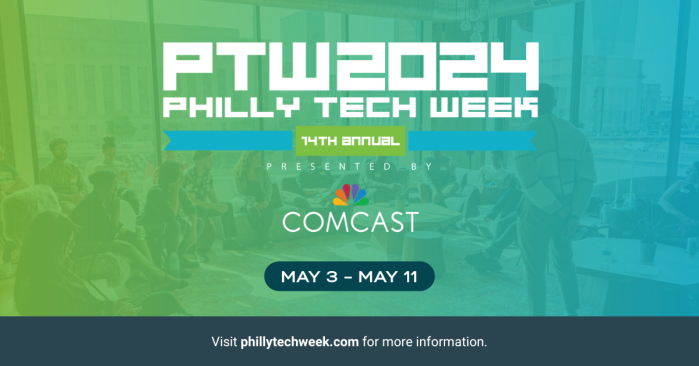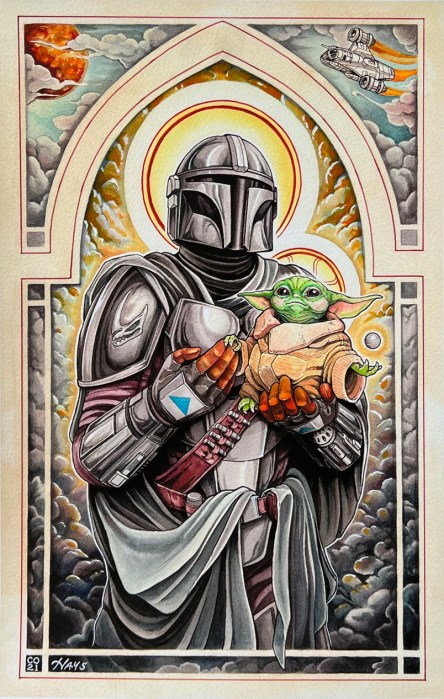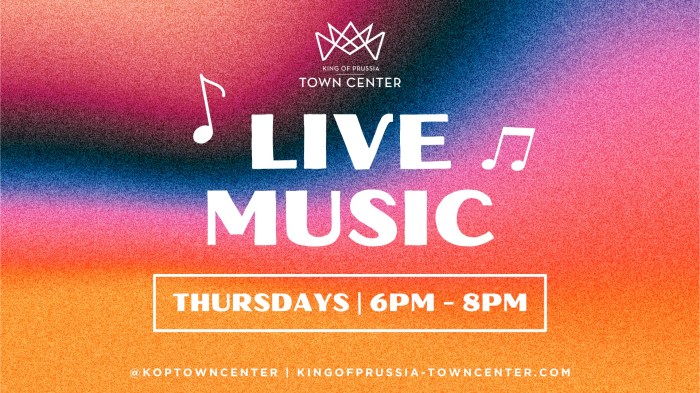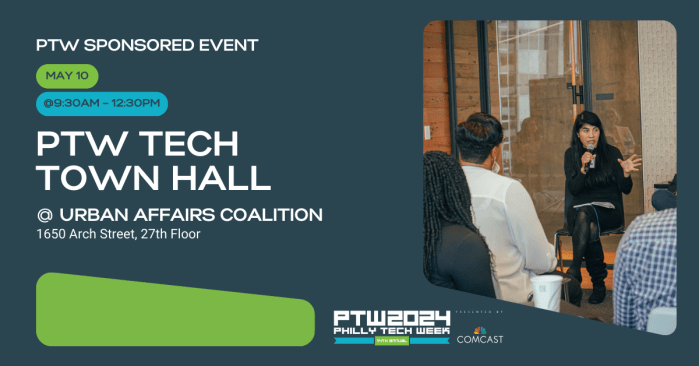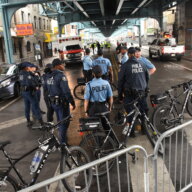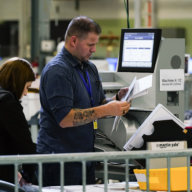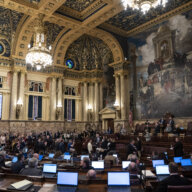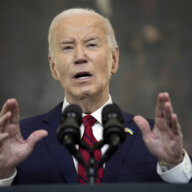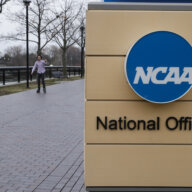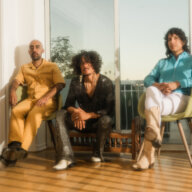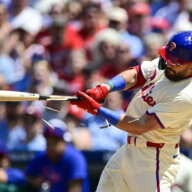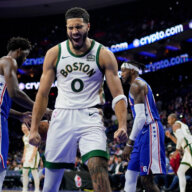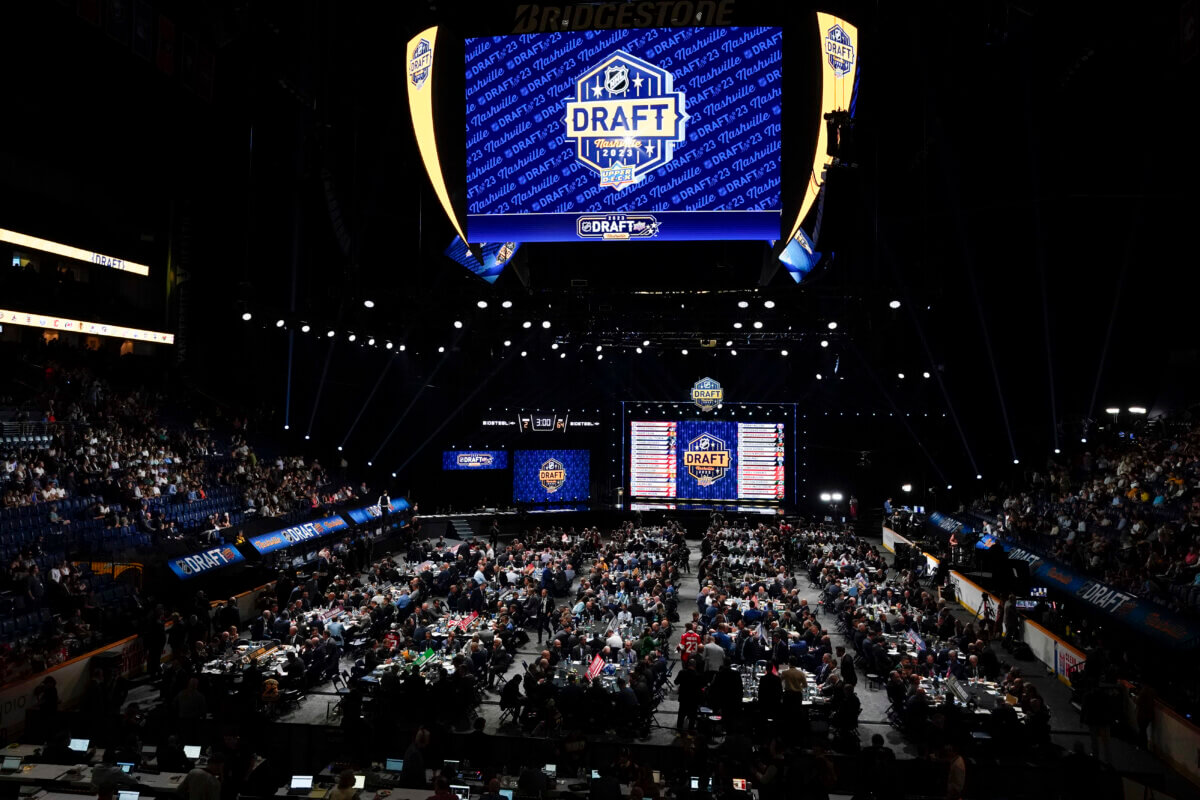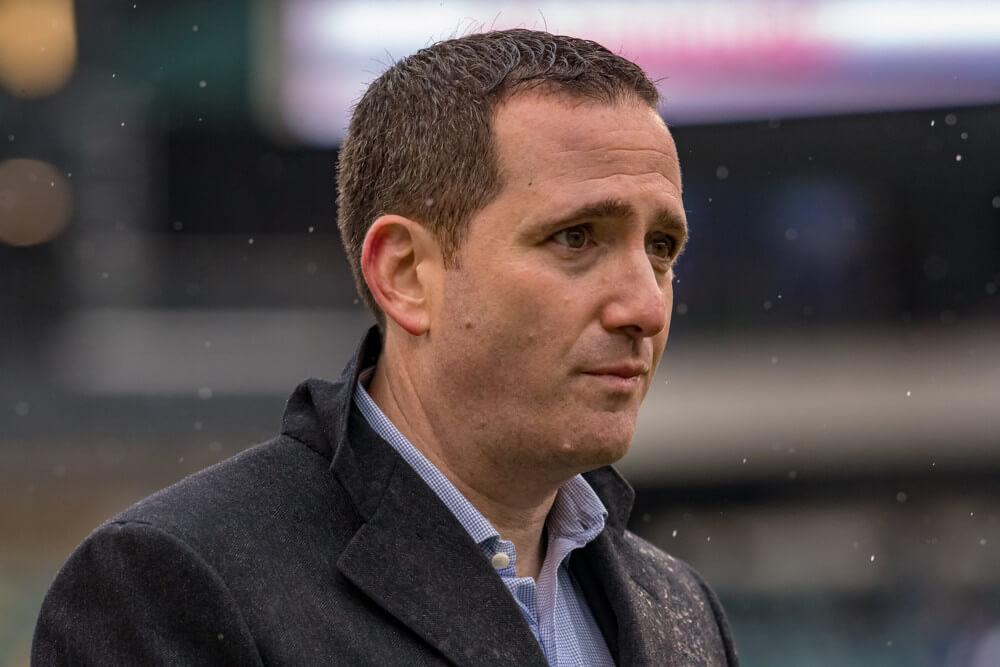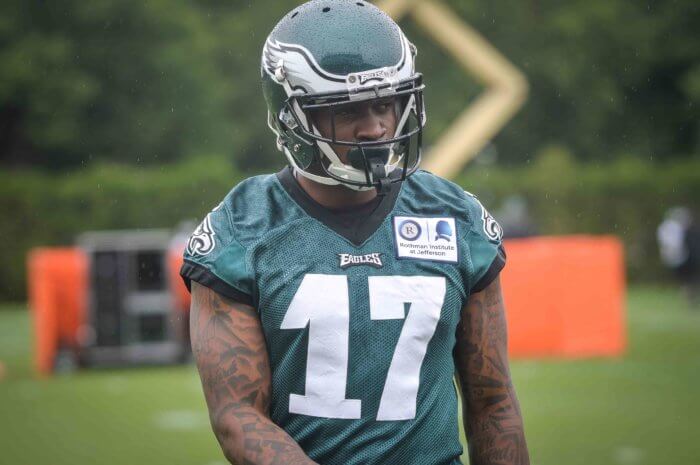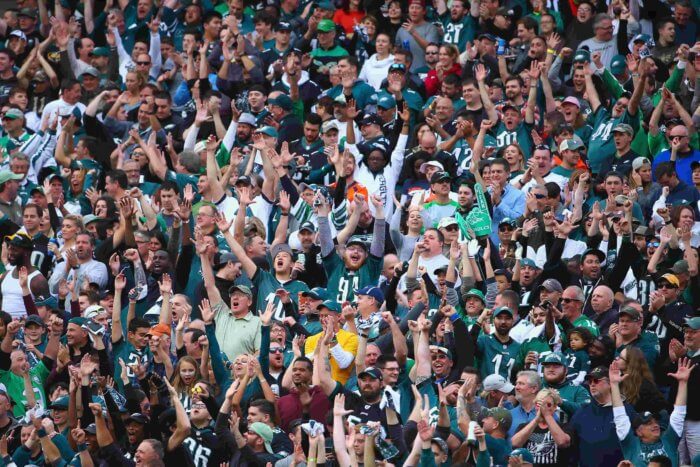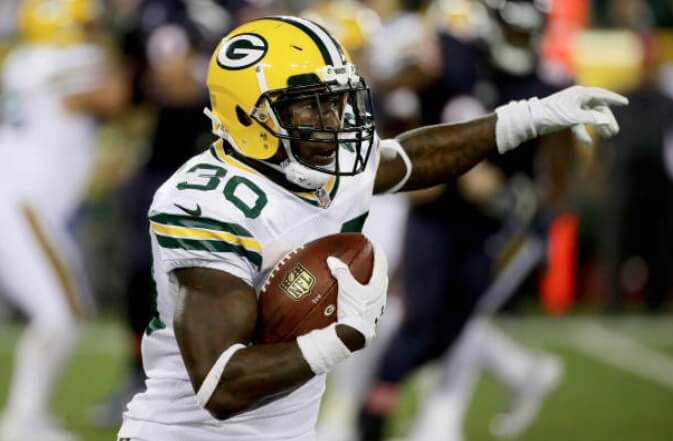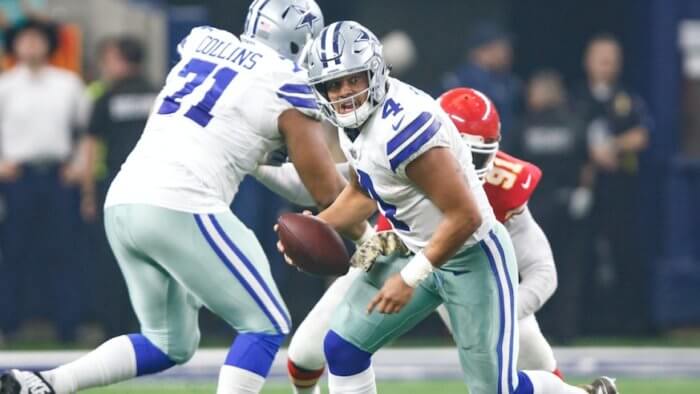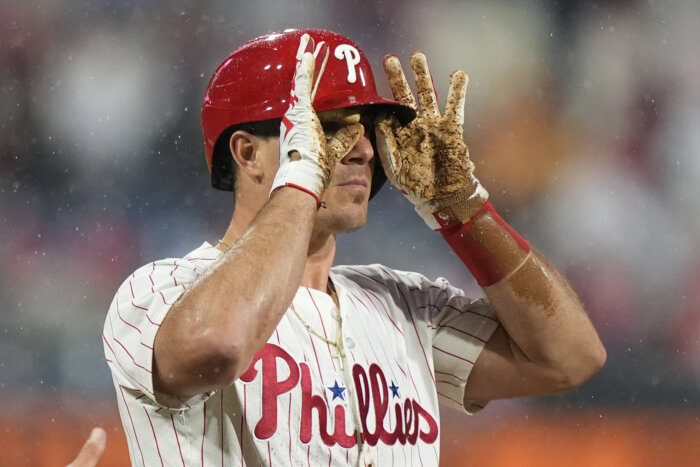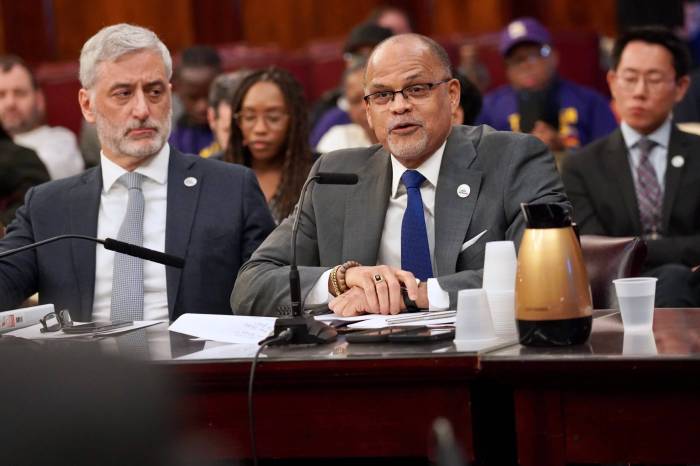Every fan has that one feature of NFL broadcasts that annoys him the most – whether it’s momentum-stopping instant replays, sideline reporters or, starting this week, broadcaster Tony Romo.
For me, it has long been those erectile dysfunction medication ads. Like every parent who ever watched with the kids, I struggled through those spots. A woman in a rip-off Lions jersey purrs about postgame “huddling with her man,” while a narrator issues the scariest warning ever: “To avoid long-term injury, seek immediate help for an erection lasting more than four hours.” Ouch.
Since 2004, Viagra and Cialis have been among the sport’s sturdiest advertisers. Last season, they spent $50 million during NFL broadcasts. Now, you should pardon the pun, they are pulling out.
The NFL has revised its ad policies this season, but this isn’t about that. This is about patent law. The companies providing those products saw their exclusivity rights expire, so any ads they run may soon benefit generic knockoffs. Viagra has ceased advertising altogether, while Cialis is running out the clock on spots featuring that hand-holding couple in his-and-hers bathtubs.
I won’t miss them.
To an extent, they’ll be replaced by a good, stiff drink. The NFL, a league economically fueled by beer, is accepting hard liquor ads for the first time. There’s a limit to four such spots per game, the ads may not have a football theme and each must be accompanied by that “drink responsibly” message that I’ll bet no one has ever paid attention to.
I’m fascinated by the intricate guidelines of which ads the league will and won’t accept. While ED medicine is still allowed, birth control is not – meaning, I suppose, the NFL approves of you having sex, just don’t do it responsibly.
Beer and, now, liquor is okay. But high-potency energy drinks, like Red Bull and Rockstar, are not. Gatorade, which markets a full line of supplements, is approved – but retailer GNC is banned. I’m sure that stems from the number of athletes who claimed to fail a drug test after buying an over-the-counter product at GNC.
Gambling remains a thorny issue for the hypocritical league, which allows casino signs at the stadium but no such TV ads during its games. And while marijuana is now legal in eight states, the NFL doesn’t want its fans getting high any more than it wants players doing so.
All of this is important because one hour of the typical three-hour NFL broadcast is devoted to commercials. The average game includes 20 breaks crammed with 100 separate ads.
By contrast, a Wall Street Journal calculation once determined the ball is actually in play for just 11 minutes per game. Another 17 minutes are devoted to replays.
The league is cutting the number of breaks this season, curtailing the “double-up” – which is a score, then a commercial, then a kickoff, then another commercial. But don’t assume fewer breaks translate to fewer ads. They’ll just be more bunched up.
And you know what? We’ll still watch. Football is our game, numbing ads and all. So I’ll toast my favorite sport.
Just not with a Red Bull.



